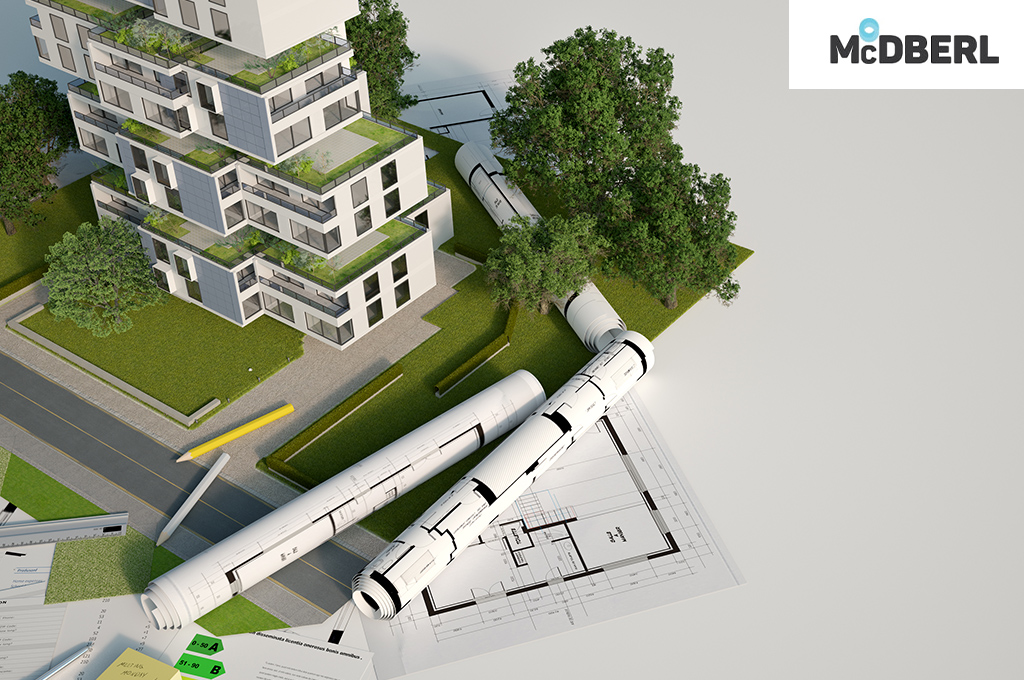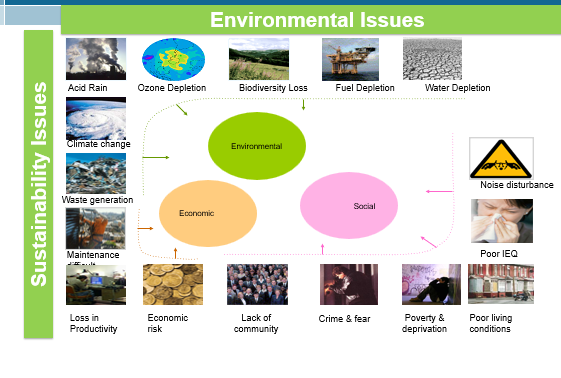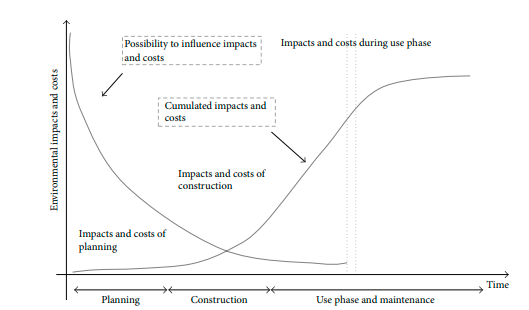
Sustainable Construction: First step for buildings of tomorrow
Sustainability as a practice in the construction industry has gained a lot of prominence in recent years. As a multi-dimensioned area, it involves everything from designing to material manufacturing and urban planning. The future relies on sustainable construction to ensure there is minimum impact on the environment.
But how do you do that? What are sustainable practices? What is their importance? What are their benefits? This article answers all these questions and helps you get a clear picture of sustainability for the buildings of tomorrow.
What is sustainable construction?
The construction industry nearly contributes around 4% of particulate emissions and water pollution. It is the highest as compared to any other industry, which calls the need for sustainability. Sustainable construction involves environmentally conscious practices.
The goal is to create a healthy environment for everyone and reduce the construction industry’s negative impact. It becomes possible by using sustainable designs and techniques like energy efficiency and green technology.
The construction industry has the opportunity to make an impact on sustainability practices. It is unique because there is large-scale use of materials and energy. Implementing changes here could have an effect across different sectors of business and the environment.
Importance of sustainable construction
The volume of construction waste is likely to increase by 2.2 billion tons each year till 2025. These are enough warning signs on why green construction is more critical than ever. The scope of green construction exists far and wide. Sustainable practices include appropriate training for workers, sourcing of raw materials, new methods of building, and much more.
It can lead to improved construction practices and contribute towards a greener ecosystem. Sustainable construction practices can also improve environmental quality. Clean air and a non-toxic environment promote healthy living conditions, leading to improved quality of life. The construction industry thus has a vital role to play here.
Issues of Conventional Construction

Advantages of sustainable construction
Here are the various benefits of opting for sustainable construction practices.
Environmental Benefits:
- Improved Air and Water Quality
- Waste Minimization
- Conserved Natural Resources
Economic Benefits
- Reduced Costs
- Increase Profitability
- Increased Efficiency
Social Benefits
- Improved Health
- Minimized strain on Local Infrastructure
- Better Quality of Life
Sustainable buildings thus provide a host of benefits including the building occupants, developers & environment & community around. Read here to learn how.
Need of considering sustainability at the initial stage of the project
Designing and building a construction project requires developers to consider a host of factors. Sustainability and energy-efficient planning should also be a vital criterion at the planning stage itself. When you plan your projects with energy efficiency in mind, it will help you achieve operational efficiencies and conserve energy resources.
However, a lack of energy-efficient planning at this stage can lead to many disadvantages later. First, the project will utilize a lot of resources, which is undesirable from the perspective of conserving resources. When you try to introduce energy-efficient measures at the later stage, you might end up spending more than what you would have initially.
There will be an overall delay that could also affect the project delivery dates. It is thus crucial for construction developers to consider sustainable measures at the planning stage.

Influence of design decisions on life cycle impacts and costs
How can a sustainability consultant help you overcome these issues?
To ensure the environment’s sustainability, it is essential to focus on green construction practices. A sustainability consultant dives deep into everything from construction techniques to resources and building practices. Here are a few critical factors they consider as part of green construction practices.
- Avoid resource wastage through definitive planning.
- Use resources that conserve energy.
- Use recycled materials wherever possible.
- Regulate waste management and segregate it.
Bottom line
Energy efficiency and green construction is the need of today and tomorrow. The earlier you choose it, the lower will be the adoption costs. Using environmental-friendly solutions helps you save precious resources and improve operational efficiencies. Besides the environmental advantages, it also benefits people on the whole.
If you want to contribute to building sustainable and green construction practices, McDBERL can help. We are helping global brands move towards a climate-positive and NetZero world where everyone has healthy living space.




